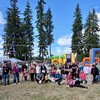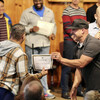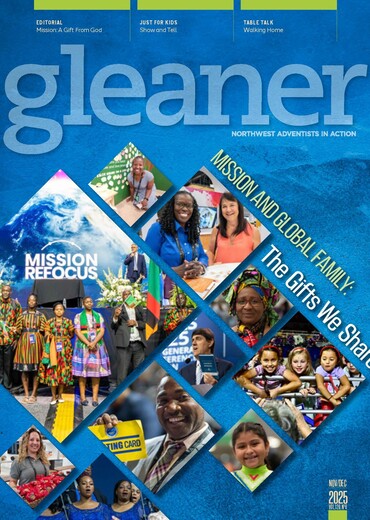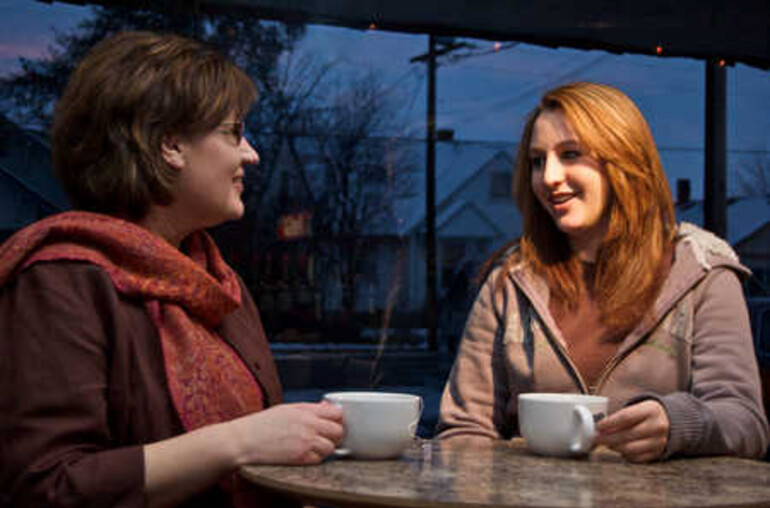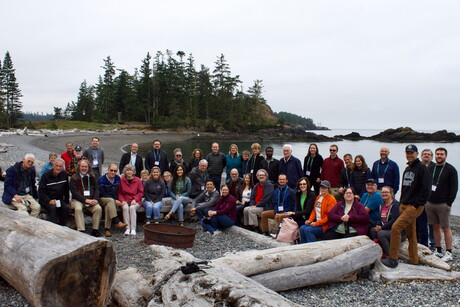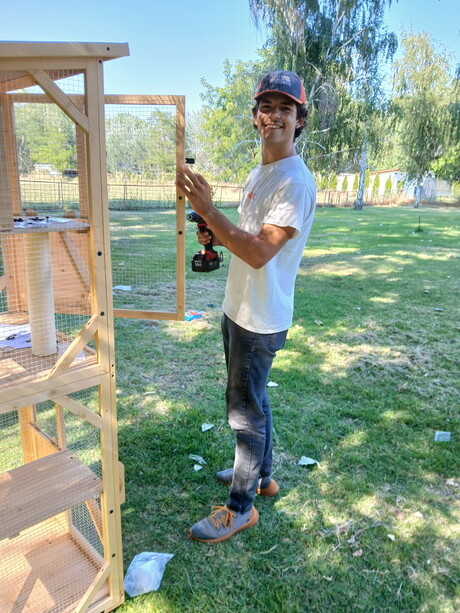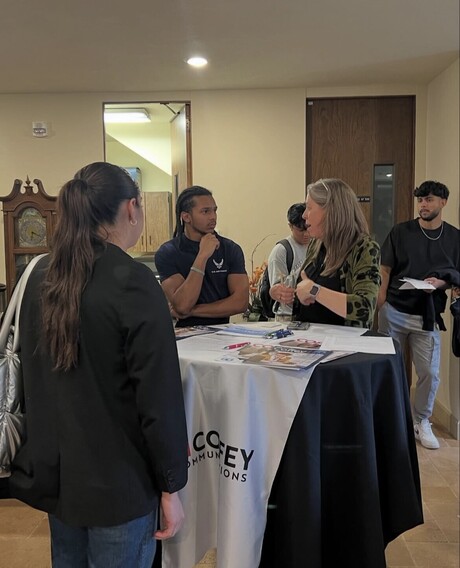Mentoring programs and I don't usually mix well, but things changed when I met my Walla Walla University mentor," says Chelsea Wold, freshman social work major at WWU. Wold is referring to the coach assigned to her as part of WWU's new Freshman Success Program.
The FSP was an idea that came to Carolyn Denney, registrar, after hearing about the success of other mentor programs. Experimentally, Denney and Mel Lang, FSP director, put 75 randomly selected freshmen through a mentoring program at WWU.
"The results were positive both in terms of retention and performance," says Lang. "So we decided to expand the program to include all freshmen."
This year there are 313 students in the FSP, mentored by 28 coaches, as they prefer to be called. Most coaches have bachelor's degrees, and several have master's degrees. In total, the coaches spent over 1,000 hours with WWU's freshmen during fall quarter 2008.
"The goal is to improve freshman satisfaction and success," explains Lang. "Coaches provide support contributing to a successful first year. They help students stay on course, direct them to get the help they need, and discuss issues that may be personal, social, academic or spiritual."
Coaches are selected through an extensive interview process. During their first week on campus, freshmen were given biographical sketches of all 28 coaches, and were asked to indicate their top five choices. Most were given their top pick.
KarrLayn Beck has a master's in social work from WWU, and loves what she does. As a coach for the FSP, she has helped nearly 20 students—like Wold—make it through their first quarter of college.
"As a coach, I encourage open communication," says Beck. "I don't do the work for them, but I coach them in the appropriate way to handle difficult situations, with the end goal being that they learn skills that will help them throughout their lives."
Coaches are expected to be in weekly contact with their students. This regularity and having someone to go to in person is invaluable to freshmen.
"KarrLayn is always there, supportive, encouraging, always positive, and in love with Papa God," says Wold. "When I'm down or my faith falters, she's there to help me as a mentor and a friend. I know I can count on her."
Through difficult classes, emergency room visits, arguments with friends, and frustrations about life in general, coaches are there to listen, give advice and offer prayers.
"I love being a coach," says Beck with a smile. "I love that the students learn to trust me as someone they can bounce ideas off of. I love seeing how much they appreciate having someone who cares about the little things they go through. And I love the opportunity to pray with and for them. For me, that is the most rewarding part of this program."
